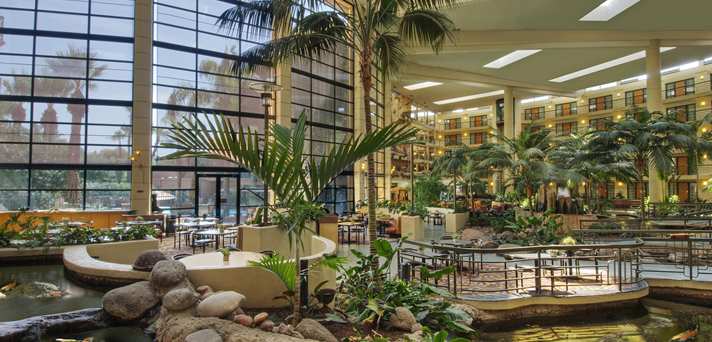IMAGINING HOME AWAY FROM HOME: WI-FI USE IN SUBURBAN COFFEHOUSES
Abstract
The current study is in line with existing scholarly endeavors to understand public realm practices within contemporary socio-digital environments. Previous research has focused on downtown urban settings where exposure to the public realm is a natural part of a citizen’s everyday life (Hampton & Gupta, 2008; Hampton et al., 2010). This paper extends prior discussions by exploring suburban areas where residents’ lives have been said to be particularly isolated from a sense of community and have also been said to experience a loss of social capital because of it (Putnam, 2001).
Considering that coffeehouses have become one of the most common realizations of networked semi-public spaces, we conducted participatory observations and interviews at multiple coffee shops located across various suburbs of a major metropolitan area in the Southwest. The goal of this study is two-fold: First, our study attempts to enrich the ongoing discussions about the use of Wi-Fi in semi-public spaces (i.e., coffeehouses) by categorizing different types of visitors. In doing so, we integrate the cultural discourse of home (Oldenburg, 1989; Wise, 2000) into the literature of networked individualism (Wellman, Quan-Haase, Boase, Chen, Hampton, Diaz, & Miyata, 2003). Second, through a participatory study, we attempt to draw some insights on the role of Wi-Fi coffee shops in transforming the culture of public space in general, and of coffeehouses in particular. We also drew insights about redefining community life in suburban areas. Before discussing the field observations and interviews, the paper begins by examining the evolving nature of home, community, and public spaces in suburban life, and how the progress of these places is much indebted to the evolution of communication technologies.

